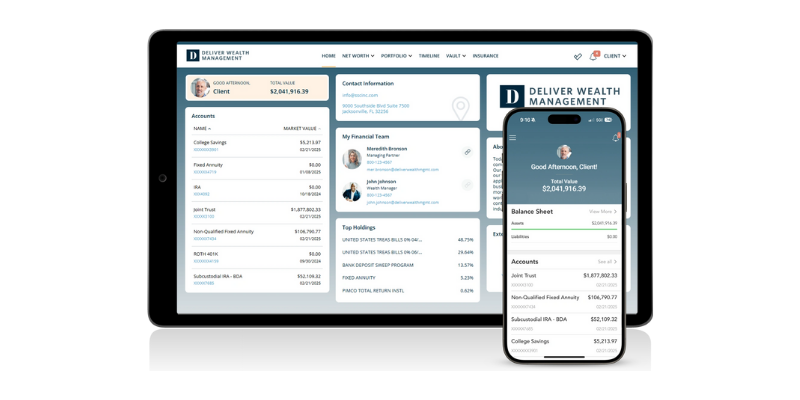 20 Somethings
20 Somethings
Most people worry about having enough money in retirement. But you can roll up a substantial nest egg, even if you don’t make a lot of money during your working years. The keys include learning to budget early in life, sticking with it, saving aggressively during your peak earning years, and investing your money wisely and diversely. Saving for retirement is a marathon and not a sprint. Some people are overwhelmed by the idea of trying to save because they have so many expenses, but there is a look at how we recommend saving for retirement at different ages:
- Develop healthy financial habits: This means, learning how to budget and how to spend less than you earn. These healthy habits will put you on the road to saving for retirement later and help you financially throughout your life.
- Get out of credit card and/or college debt: Once you have a little bit of free money, you should start investing in a 401(k) and start a Roth IRA as soon as possible. The earlier the better.
- Encourage parents to give their young-adult children a leg up: Between living expenses, college debt, and saving for a home it can be extremely difficult to save for retirement as a twenty-something. But this time provides a great opportunity for retirement saving as twenty-somethings have a lot of time compounding and more likely qualify for ROTH IRA’s. This combination of tax-free investing and compound interest can have a real impact on their long-term goals.
30 Somethings
- Do a budget. On a pretax basis, try to allocate 50% of your living expenses; 30% to taxes and 20% to savings. This savings rate may seem high, but couples who save this amount think of it as a normal. If you can’t save 20%, then at least 5% or 10% and try to work up to 20%.
- Make sure you are contributing to your 401(k) or other retirement plans by this age
- Avoid taking on too much debt. Often people in this age group are getting married, buying a house, and having children so its tempting to take on too much debt.
- Have your retirement savings taken automatically from your paycheck. Try to max out your 401k if possible and don’t worry about market corrections, you will see many over your lifetime.
40 Somethings
- Save aggressively. This is probably the highest earning period in your life, try to save as much as possible.
- See a financial planner. You probably have enough going on financially that it warrants an expert’s advice for planning and investments.
- Put raises and bonuses toward your savings. This is a great way to boost savings.
- Figure out how much you’ll need to maintain your lifestyle in your golden years. Actually seeing this number can help motivate you to save.
50 and Older
- Save even more than 20% of your net income to make up for the years when you couldn’t save as much as you needed to.
- Start thinking about when you’re going to take Social Security. Not taking Social Security at the right time could cost you tens of thousands of dollars.
- Consider reducing your expenses. If you have kids this may happen automatically, but you might consider downgrading your lifestyle, perhaps selling your house and moving into something smaller or moving to a less expensive part of the country.
- Get into the habit of living on a fixed income and saving the extra money.
If all goes well and you’ve saved enough, you may be able to retire comfortably in your 60s. If not, you’ve got to continue to play catch-up on savings and come up with ways to earn additional income. Achieving full financial independence so you don’t have to work isn’t easy but with some discipline and planning it is very achievable.
Do you have questions? Let us know and we would be happy to help in any way we can.




